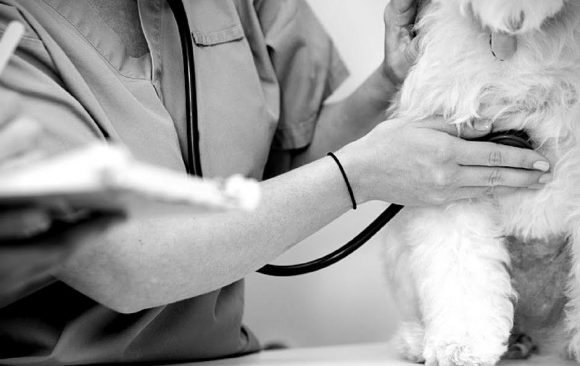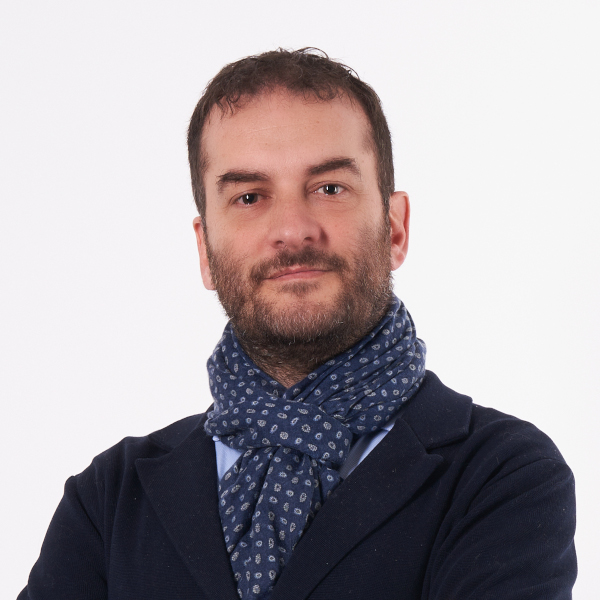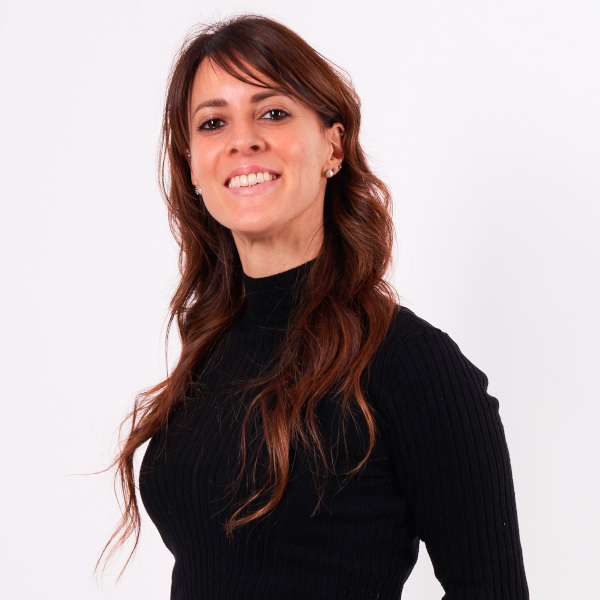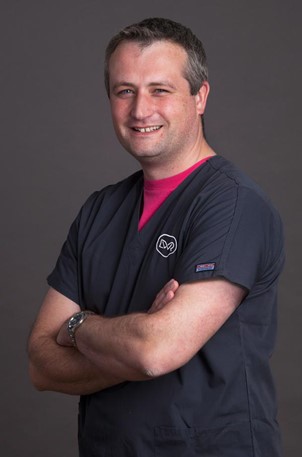
Internal medicine – problem oriented approach
Course background and summary:
POA in veterianry internal medicine is a stepwise process of gathering case information; defining problems; making plans for diagnosis, treatment, and client education; and evaluating patient progress over time. This explicit method of diagnostic reasoning forms the basis of evidence-based veterinary medicine and informed decision making.
This three-days course will provide the attendants with a logical, easy to replicate diagnostic approach to the most common clinical signs encountered in general practice. The speakers will use evidence based-medicine and clinical scenarios to show how, by means of a systematic approach, it is possible to start from a clinical symptom and to arrive at a provisional/definitive diagnosis ensuring both clients’ satisfaction and best patients’ care. The participants will find the course very useful and inspiring and will be able to apply what they have learnt into day-to-day practice. Both speakers are European Board-Certified Specialists in small animal internal medicine and have mastered POA-based teaching courses over many years in Europe and worldwide.
Speakers

Federico Fracassi
DVM, PhD, DECVIM (SAIM)
European Veterinary Specialist in Small Animal Internal Medicine
Dr Fracassi graduated in Veterinary Medicine (DVM) “cum laude” at the University of Bologna, Italy. In 2005 he defended his Ph.D. thesis and then completed a Residency in Internal Medicine at the University of Zurich, Switzerland and became ECVIM-CA (internal medicine) diplomate in 2012. He is now an Associate Professor of Veterinary Internal Medicine at the University of Bologna. His main research focus is the field of small animal endocrinology. His publication list consists of more than 100 articles in peer-reviewed journals and 10 book chapters. He is the editor of “Veterinaria”, a peer-reviewed journal and associate editor of Journal of Small Animal Practice. He has been president of the European Society of Veterinary Endocrinology, and the Italian Society of Veterinary Internal Medicine, and is currently vice-president of the ECVIM-CA congress board. In 2017 he co-edited “Feline Endocrinology” (a book translated into 6 languages) with Dr Feldman and Dr Peterson. In 2022 has edited “Diagnostic and therapeutic algorithms in internal medicine for dogs and cats” (book translated in 7 languages). Dr Fracassi has lectured in in 22 countries.

Francesca Del Baldo
DVM, MRCVS, PhD, Dipl. ECVIM-CA
European Veterinary Specialist in Small Animal Internal Medicine
Current position
Assistant Professor in Internal Medicine
Veterinary Teaching Hospital, Department of Veterinary Medical Sciences, University of Bologna, Italy, head of Internal Medicine unit
Main Focus: clinical endocrinology and internal medicine
Education and postgraduate training
2022: Dipl. European College of Veterinary Internal Medicine – companion animals (ECVIM-CA), speciality Internal Medicine
2018-2021: Position as Resident ECVIM-CA- Veterinary Teaching Hospital, Department of Veterinary Medical Sciences, University of Bologna, Italy
2020: Defense PhD thesis
2016-2019: PhD Department of Veterinary Medical Sciences, University of Bologna, Italy
2016: Rotating Internship Department of Veterinary Medical Sciences, University of Bologna, Italy
2014: Doctor in Veterinary Medicine (DVM) with 110/110 cum laude State University of Bologna, Italy
Memberships
2021-present: Board member of the European Society of Veterinary Endocrinology (ESVE)
2021-present: Board member of the Italian Society of Veterinary Internal Medicine
| Time | Topic | Speaker |
| 08.15-09.15 | Registration | |
| 09.15 | Introduction | |
| 09.30-10.45 | Problem-oriented approach: the steps that follow history taking and physical examination | Federico Fracassi |
| 10.45-11.30 | How to use and maximise scientific sources | Federico Fracassi |
| 11.30-12.00 | Coffee Break | |
| 12.00-13.00 | Interactive section: Journal Club | Francesca Del Baldo |
| 13.00-14.00 | Lunch | |
| 14.00-14.45 | Approach to the patient with regurgitation | Francesca Del Baldo |
| 14.45-15.30 | Approach to the patient with vomiting | Francesca Del Baldo |
| 15.30-16.15 | Diagnostic approach to acute diarrhoea | Francesca Del Baldo |
| 16.15-16.45 | Coffee Break | |
| 16.45-18.00 | Problem solving: discussion of clinical cases in small groups | Federico Fracassi Francesca Del Baldo |
DAY 2
| Time | Topic | Speaker |
| 9.00-9.45 | Diagnostic approach to chronic diarrhoea | Francesca Del Baldo |
| 9.45-10.30 | Approach to the patient with icterus | Federico Fracassi |
| 10.30-11.00 | Coffee Break | |
| 11.00-11.45 | Hyperthermia and fever of unknown origin: from the clinical case to the diagnosis | Francesca Del Baldo |
| 11.45-12.15 | Approach to the patient with pale mucous membranes | Francesca Del Baldo |
| 12.15-13.00 | Interactive clinical cases | Federico Fracassi |
| 13.00-14.00 | Lunch | |
| 14.00-14.45 | Petechia and ecchymosis through the discussion of clinical cases ( part 1) | Federico Fracassi |
| 14.45-15.45 | Petechia and ecchymosis through the discussion of clinical cases ( part 2) | Federico Fracassi |
| 15.00-15.45 | Interactive clinical cases | Francesca Del Baldo |
| 15.45-16.15 | Coffee Break | |
| 16.45-18.00 | Problem solving: discussion of clinical cases in small groups | Francesca Del Baldo Federico Fracassi |
DAY 3
| Time | Topic | Speaker |
| 9.00-09.45 | Clinical and diagnostic approach to the patient with cough | Francesca Del Baldo |
| 09.45-10.30 | Clinical approach to nasal discharge | Francesca Del Baldo |
| 10.30-11.15 | Interactive clinical cases | Francesca Del Baldo |
| 11.11-11.45 | Coffee Break | |
| 11.45-12.30 | Polyuria and Polidipsia: from the theory to the clinical case | Federico Fracassi |
| 12.30-13.00 | Interactive clinical cases | Federico Fracassi |
| 13.00-14.00 | Lunch | |
| 14.00-14.45 | Increase in volume of the abdomen / ascites: clinical cases | Federico Fracassi |
| 14.45-17.00 | Problem solving: discussion of clinical cases in samll groups | Federico Fracassi Francesca Del Baldo |
| 17.00-17.30 | End of the course and final discussion |

